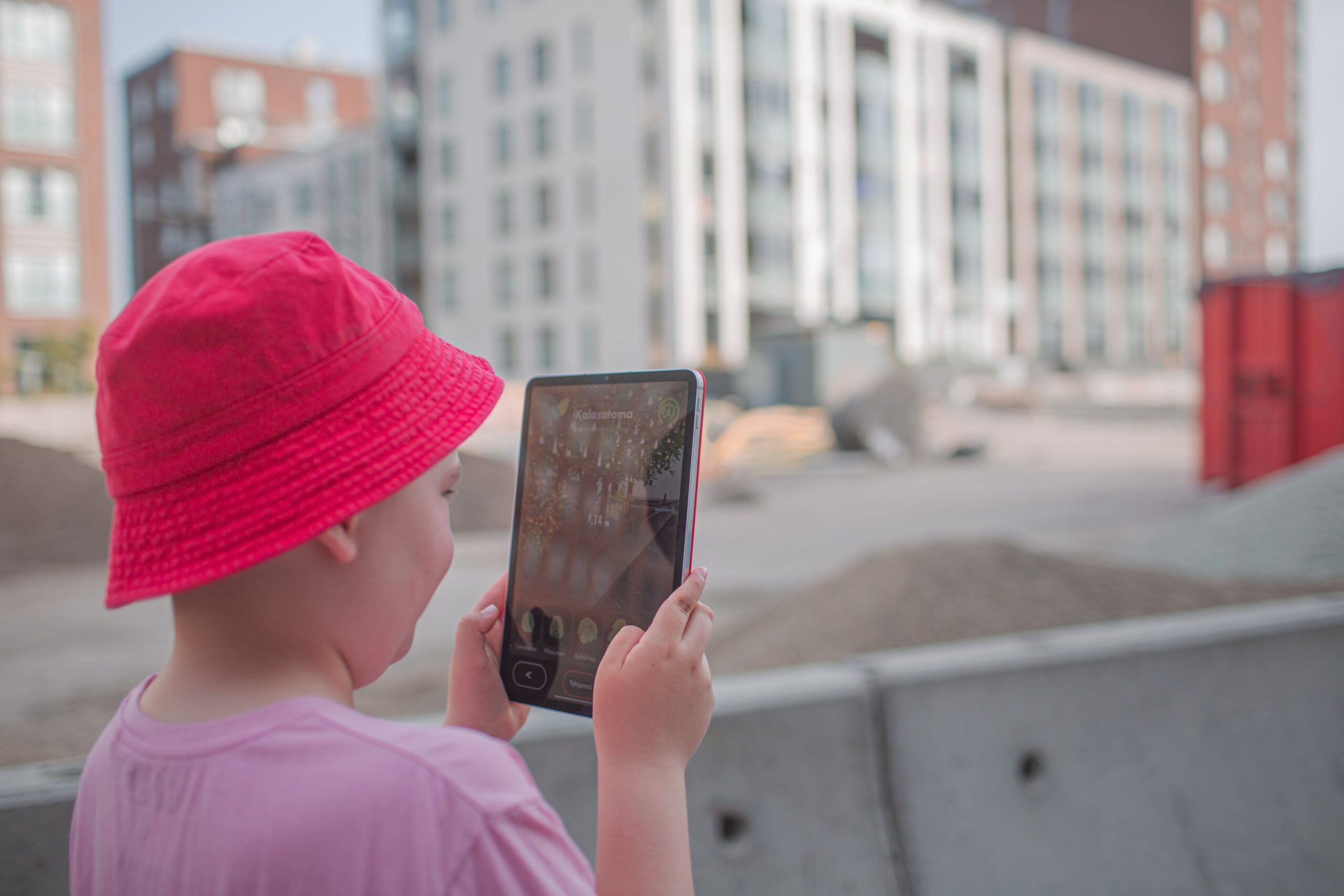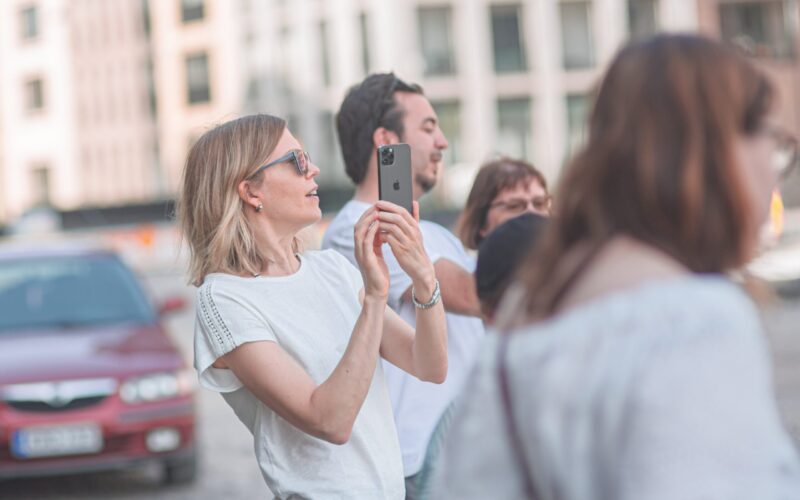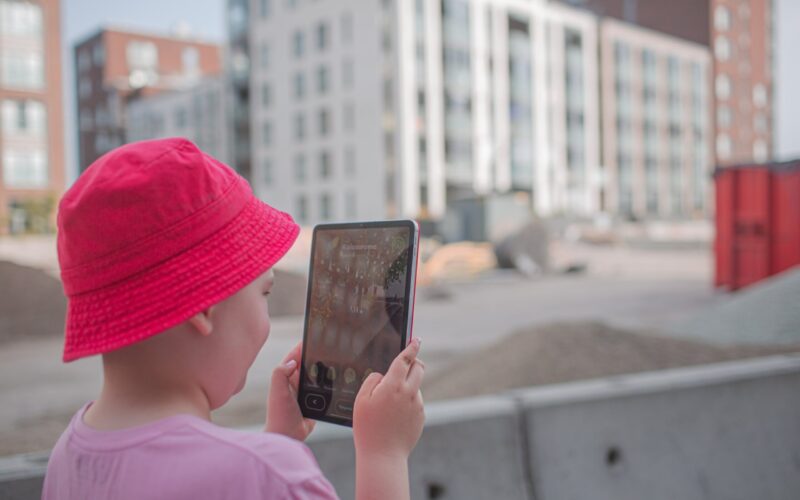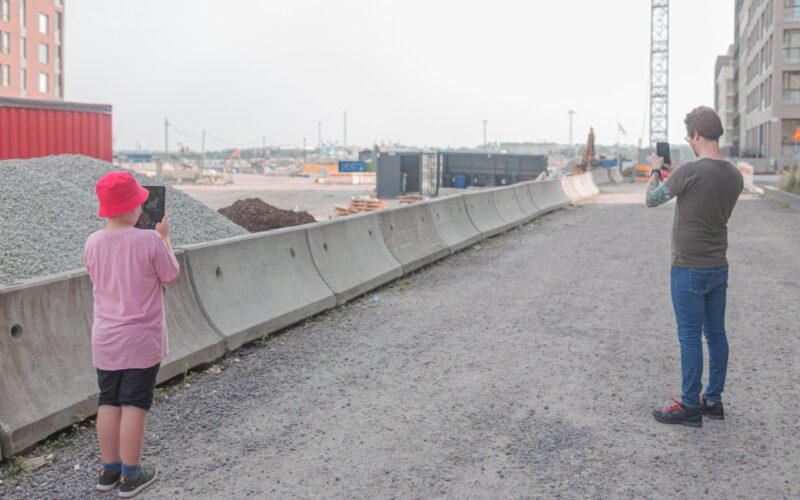Agile Piloting
Agile pilots are short and low cost experiments aiming to produce scalable solutions for city challenges. The city environment offers a laboratory for experimenting and co-creating novel solutions and innovative services. Running pilots in a facilitated programme format brings synergies and is also a resource efficient way for a living lab to engage with startups.
Agile piloting has proven to be a flexible and functional way to experiment with innovative solutions in an urban environment. The model enables collaboration between the city and private sector, especially startups and small and medium sized enterprises (SME). It enables early innovation and prototype-level solutions to be co-developed within the innovation ecosystem and experimented in the real-life urban lab during a relatively short period of time (max. 6 months). The aim in the experimentation of these early phase prototypes is to gather practical understanding of both the solution, its context and process of execution and to learn as much as possible during a short and intensive period. Generating new understanding about emerging services and technologies is at the heart of the process. Lessons learned pave the way for future services with better availability of data and interfaces, or support better planning and policy-making.
More than 50 agile pilots have been run in different urban labs in Helsinki by Forum Virium Helsinki. The thematic piloting rounds have ranged from climate positive solutions to education, mobility and wellbeing. The model has also been adopted widely in the six biggest cities of Finland, and in 2019 in the city of Stavanger in Norway. The Pocket Book for Agile Piloting shares the experiences from Smart Kalasatama and Jätkäsaari Mobility Lab in Helsinki and condenses the key learnings in a pragmatic and easily digestible way.
Photo credit: Vesa Laitinen / Forum Virium Helsinki
Healthy Liveable Neighbourhoods
The Healthy Liveable Neighborhoods agile piloting programme is part of the Nordic Healthy Cities project. A total of five companies running three different pilots were selected to pilot their solutions in three different urban labs: Helsinki, Vantaa and Stavanger in Norway, with Copenhagen and Kristiansand as follower cities.
A practical example of a pilot is the Green Kalasatama running in Helsinki during the summer and fall 2021. The pilot, implemented by Granlund’s innovation team, demonstrates an engaging and educative approach for resident participation with the use of augmented reality (AR) technology. The mobile application allows users to place green infrastructure elements, such as trees and bushes, in their surrounding area in a virtual environment. This way, the AR solution provides information about the benefits of green infrastructure in the urban environment and helps visualise different landscape designs in a real-life context.
The pilot is being carried out in Sompasaari, one of Kalasatama’s neighbourhoods, with close proximity to the sea and densely built urban residential blocks. The local school children and other residents of the area are invited to take a peek into the future with the Green Kalasatama application, and to voice their opinions on what the green area could look like.




